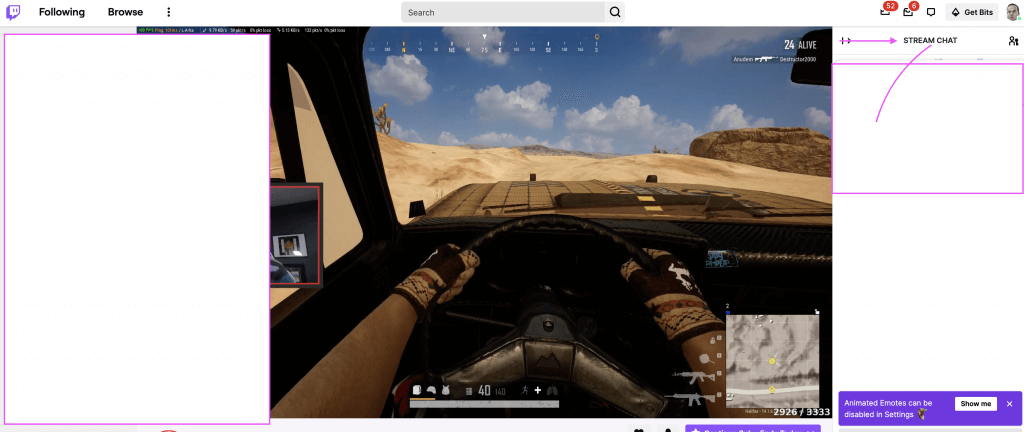What are Space Words?
A Space Word Wall Vocabulary is a great way to teach content vocabulary and get students excited about learning about space. These cards include definitions and examples of common and technical terms. The blank sheet on the back of each card can be used to write additional words, and the space-themed activity can be used as a classroom tool to boost student confidence in science classes. The best part is that you can create a custom set of words for your Space Word Wall Vocabulary by using the template.
When it comes to teaching space vocabulary, an excellent way to save money on educational resources is to purchase a Space Word Wall. These posters can be displayed in science centers, classrooms, and other public spaces, and they can be easily customized to teach specific topics and concepts. The words and pictures in the wall are easy to learn and are fun to use. The STEM Center created the space-themed words and made them available to educators at a cost that’s affordable to most teachers.
How to teach Student Space
A Space Word Wall is a great way to get students excited about space. It’s an engaging and effective way to help students learn how to read, spell, and write. The wall can include words like space, outer space, cosmos, solar system, and stars. Once students have learned how to read the vocabulary, they can create a Space Word Wall. This will get them more confident and independent. The space wall will make your classroom more kid-friendly, while giving students the chance to develop new skills and become independent.
A Space Word Wall Vocabulary can be a great way to teach your students about solar system and astronomy. There’s a glossary of astronomy terms for every common astronomical term and make it easy for students to learn the newest terms in a quick and effective manner. When students can identify the right word to use, they can easily adapt their vocabulary, thus helping them to become more efficient writers.
Space Word Vocabulary

A Space Word Wall Vocabulary is a great way to get students to use the words they learn. By integrating the lyrics of a school song, the word wall becomes more relevant for students. Adding other words in the Word Wall makes it easier for them to differentiate between academic and everyday language. They can also use the vocabulary from their own words. It’s important for a student to learn the definitions of the words on the wall.
A Space Word Wall Vocabulary includes a wide variety of objects and concepts in space. It’s best to use a word wall to teach vocabulary skills and to engage students in learning new words. A space vocabulary board is also a valuable resource for teachers to keep on top of the changing needs of their classroom. Incorporating the words from different sources on the word wall is one of the most important aspects of creating a successful literacy wall.
Cool Space & Astronomy Vocabulary Words for Kids
- celestial bodies – objects that are natural and visible in the sky
- dwarf planet – object that is smaller than a planet, but is round and orbits the sun
- Ceres – a dwarf planet between Mars and Jupiter
- Earth – the planet we live on
- exoplanet – freely floating planet that goes between stars or orbits a star outside our solar system
- gas giant – large planet made mainly of helium and hydrogen
- Great Red Spot – swirl of gases that’s colorful and found on Jupiter
- Jupiter – the biggest planet in our solar system
- Mars – the fourth planet from our sun sometimes called the Red Planet
- Mercury – the planet in our solar system that’s closest to the sun
- Neptune – the planet in our solar system that’s furthest from the sun
- planet – large object that circles around the sun or any other star
- Pluto – a dwarf planet that used to be considered the planet furthest from our sun
- Saturn – planet surrounded by a system of rings
- Uranus – planet that rolls rather than spins
- Venus – planet that is similar in size to Earth
- constellation – group of stars in the sky that form specific patterns from where you see them
- eclipse – when any celestial object blocks the light of another celestial object
- galaxy – large group of stars held together by gravity
- lodestar – a name for the North Star
- Milky Way – the galaxy we live in
- moon – an object that’s natural and moves around a bigger object that’s natural
- nebula – dust or gas cloud you find between stars
- neutron star – star made out of uncharged nucleons, or the parts that make up a nucleus
- shooting star – a meteor
- solar flare – particles and energy that burst from the sun at once
- star – shining gas held in a ball by its own gravity
- Sun – the star in the middle of our solar system
- supernova – bright explosion of a star
- white dwarf – what’s left after a star collapses
- asteroid – small or large rocks that float around in space
- aurora australis (Southern Lights) – bands of light appearing in the sky near the South Pole
- aurora borealis (Northern Lights) – bands of light appearing in the sky near the North Pole
- black hole – a place found in space that matter and light can’t get out of if they fall in
- comet – a rock that’s icy and lets off dust and gas as it flies through space
- Kuiper Belt – ring of icy objects, like Pluto, beyond Neptune’s orbit
- meteor – streak of light formed when a meteoroid enters a planet’s atmosphere
- meteorite – name for a meteoroid that has landed on a planet’s surface
- meteoroid – small chunk of rock floating in space
- pulsar – an object that lets off radio waves or other electromagnetic radiation
- quasar – area in the middle of a big galaxy that surrounds a giant black hole
- atmosphere – gases around the Earth and other planets that are held there by gravity
- astral – something that relates to the stars
- cosmos – the universe as a whole
- electromagnetic spectrum – all the different types of energy and light in the universe
- extraterrestrial – things that exist on planets other than Earth
- gravity – the force that pulls what everything is made of together
- intergalactic – travel between galaxies
- interstellar – between stars
- Oort cloud – shell around our solar system in the shape of a sphere
- solar system – a set of space objects that includes a star and everything that orbits that star
- universe – everything ever, including all of space and time
- vast – large space
- astrolabe – a medieval tool or instrument used to measure a star’s altitude
- light year – the distance light travels in one year
- observatory – a building made for looking at a large area surrounding you
- orbit – the curved path something travels along as it goes around another object
- quadrant – a tool used long ago to measure the altitude of celestial objects
- supermassive – description of objects with a million or more times mass than our sun
- telescope – tool that makes far away objects look closer
Space – Word Wall Vocabulary
| Space | Earth | Solar System |
| Jupiter | Mars | quarter moon |
| Neptune | moon | gibbous moon |
| Mercury | Pluto | half moon |
| Saturn | Venus | crescent moon |
| Uranus | planet | axial tilt |
| waning | waxing | asteroid belt |
| asteroid | black hole | big bang theory |
| astronaut | comet | binary star |
| astronomer | astronomy | elliptical orbit |
| density | constellation | deep space |
| cosmonaut | cosmos | dwarf planet |
| crater | day | dwarf star |
| dust | equinox | inner planets |
| eclipse | ecliptic | inferior planets |
| galaxy | lunar | falling star |
| meteorite | meteor | meteor shower |
| meteoroid | lens | gravity |
| full moon | inertia | Milky Way |
| mass | magnitude | outer planets |
| nebula | orbit | shooting star |
| rocket | solar | space exploration |
| solstice | star | total eclipse |
| umbra | space | vernal equinox |
| sky | satellite | solar system |
| new moon | penumbra | solar wind |
| light-year | rings | partial eclipse |
| observatory | phase | orbital inclination |
| universe | zodiac | space station |
| sun | starlight | telescope |









